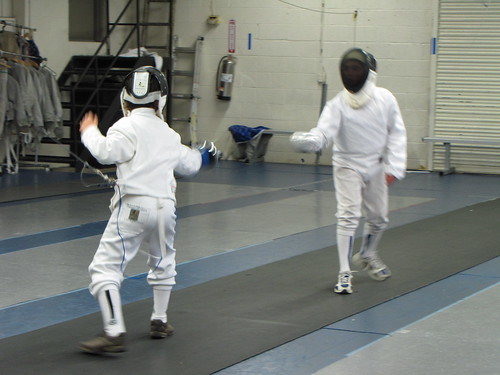First, the fast food meal.
For his first meal, Michael Pollan ate the classic fast food meal, a hamburger. But what a hamburger means now is very different from the what it used to mean. Farmers get paid very little and aren't always treated fairly. Both chickens and cows often live in feedlots where they are tightly packed together and often kept in the dark. It turns out that cows are not even eating grass anymore. Instead, they now eat corn. And the corn they eat is sprayed with harmful chemicals. Cows eating corn is not healthy for cows and is not healthy for people who eat hamburger, either. One of the problems is that when a cow eats corn, a type of harmful e-coli can develop more easily. The bacteria live in the meat and can kill people who eat it. Raising food this way is also harmful to the environment.
Second, the industrial organic meal.
For this meal, Pollan cooks only with organic ingredients—that is, foods that are grown without pesticides and chemical fertilizers. With meat, the situation is often the same as above, except the corn is not sprayed. When you eat organic vegetables, you can guarantee that fewer chemicals get in your body. So organic is definitely a step better than the conventional fast food meal. But the way the animals are raised is still a problem and the ways workers are treated also needs fixing. Also, the food has to be shipped a long way from where it is grown, meaning it requires a lot of oil to get food to the grocery store. This is bad for the environment.
Third, food grown on a farm.
Joel Salatin calls himself a grass farmer. His cows feed on grass and weeds in the farm's large open pastures. The cows' manure attracts flies and then his chickens eat the flies as natural protein. The manure also feeds the grass and weeds which his cows eat. It is a natural circle that continues without any pesticides or fertilizers or food grown elsewhere. Salatin’s farm Polyface is near DC. I have friends who get their meat from there. Michael Pollan has friends that live near Joel’s farm too and so he travelled there to cook a meal for them. On the menu was applewood-smoked BBQ chicken, roasted sweet corn, arugula "rocket" salad, and a chocolate soufflé. This sounds so delicious! Pollan knew the animals on the farm had lived a good life, the workers there were treated well, and the food was healthier.
Fourth, a hunter-gatherer meal.
For this meal, Pollan only served food that was hunted, gathered, or grown by someone he knew. Angelo Garro is an avid hunter and mushroom gatherer who also fishes and gathers wild plants like fennel. Michael hunted boar with him and also went mushroom foraging. He then held a party and almost everyone who came brought something they had created themselves from special ingredients they found or grew. I like the way the author talks about how connection with the food we eat means our meals become special.
* * *
This book talks about how the food system works. It explains how much is bad and how we can start to fix the problems. I thought the book was really inspiring. I knew a lot of the information already from my parents (who read the grown-up version
I highly recommend this book to young readers as well as anyone who doesn't have a lot of time or background about food issues.


